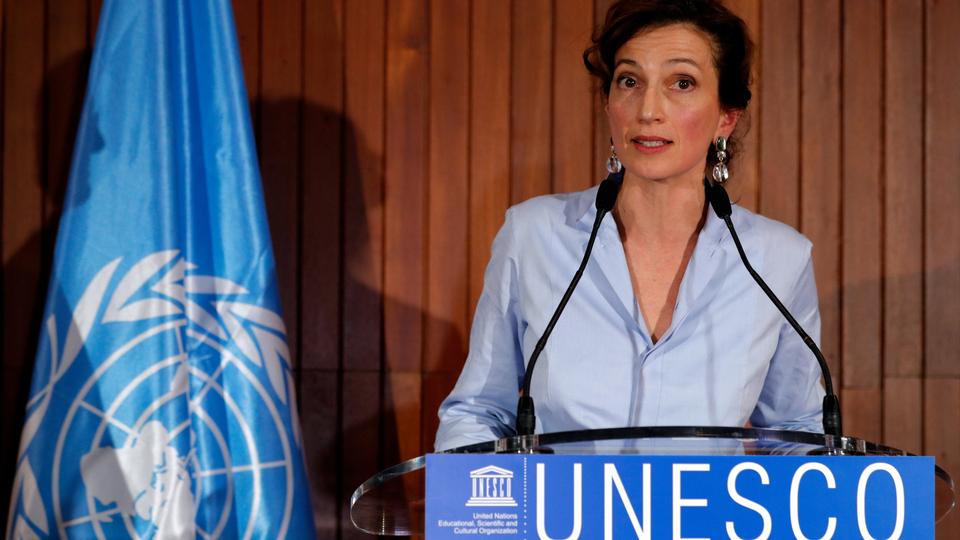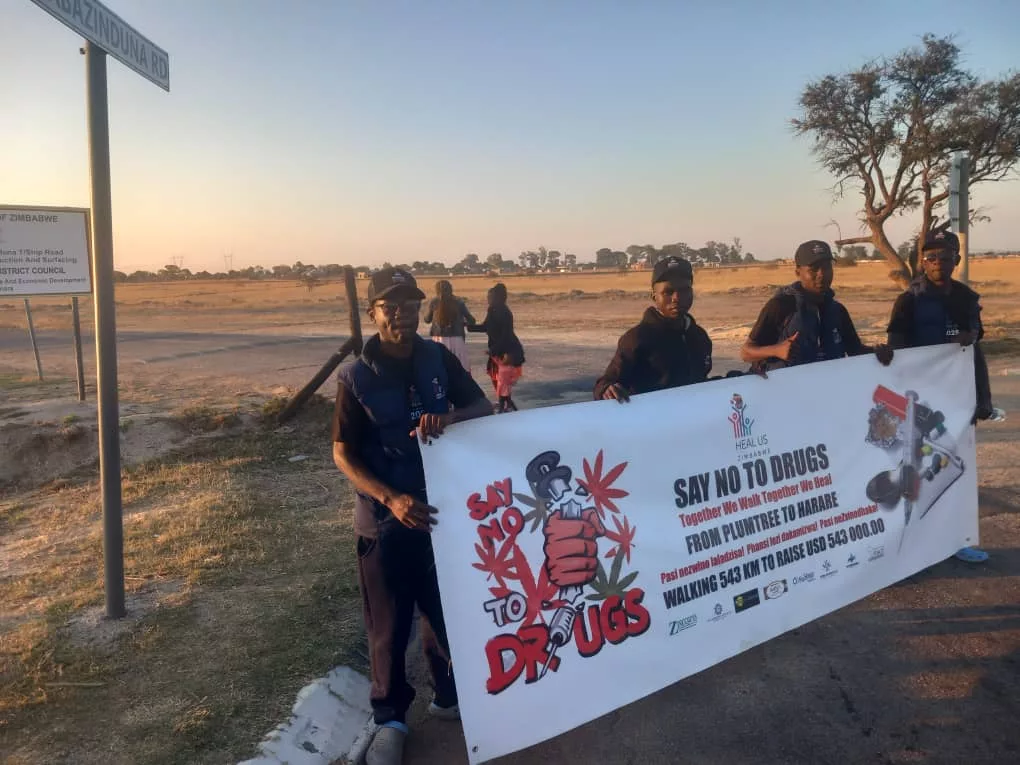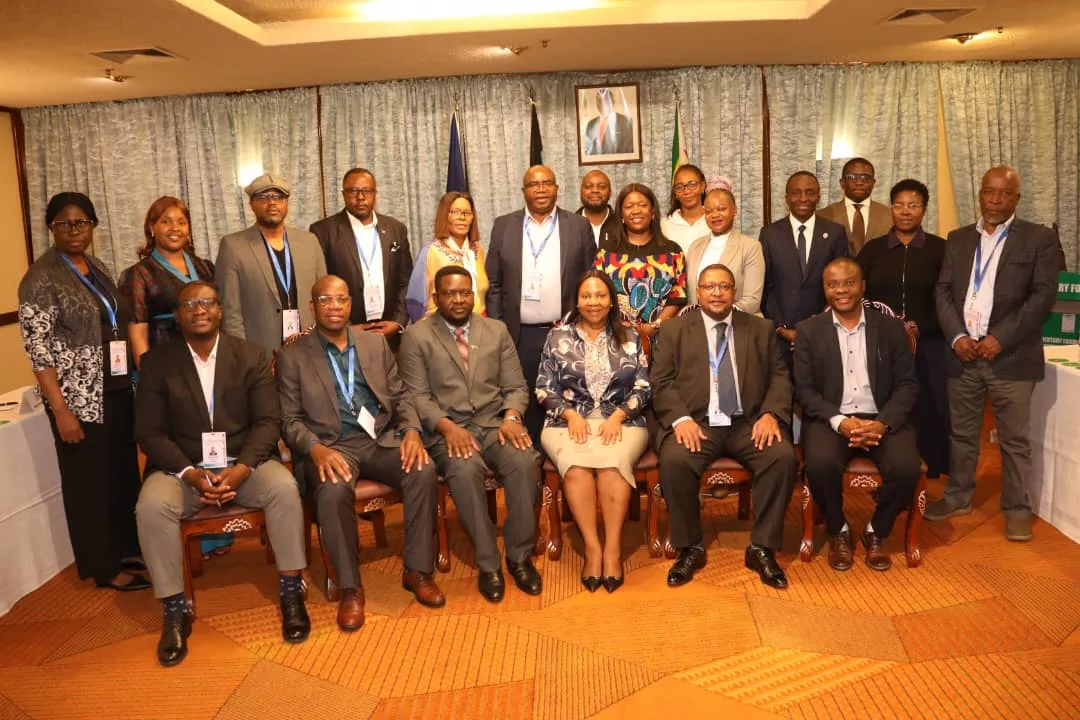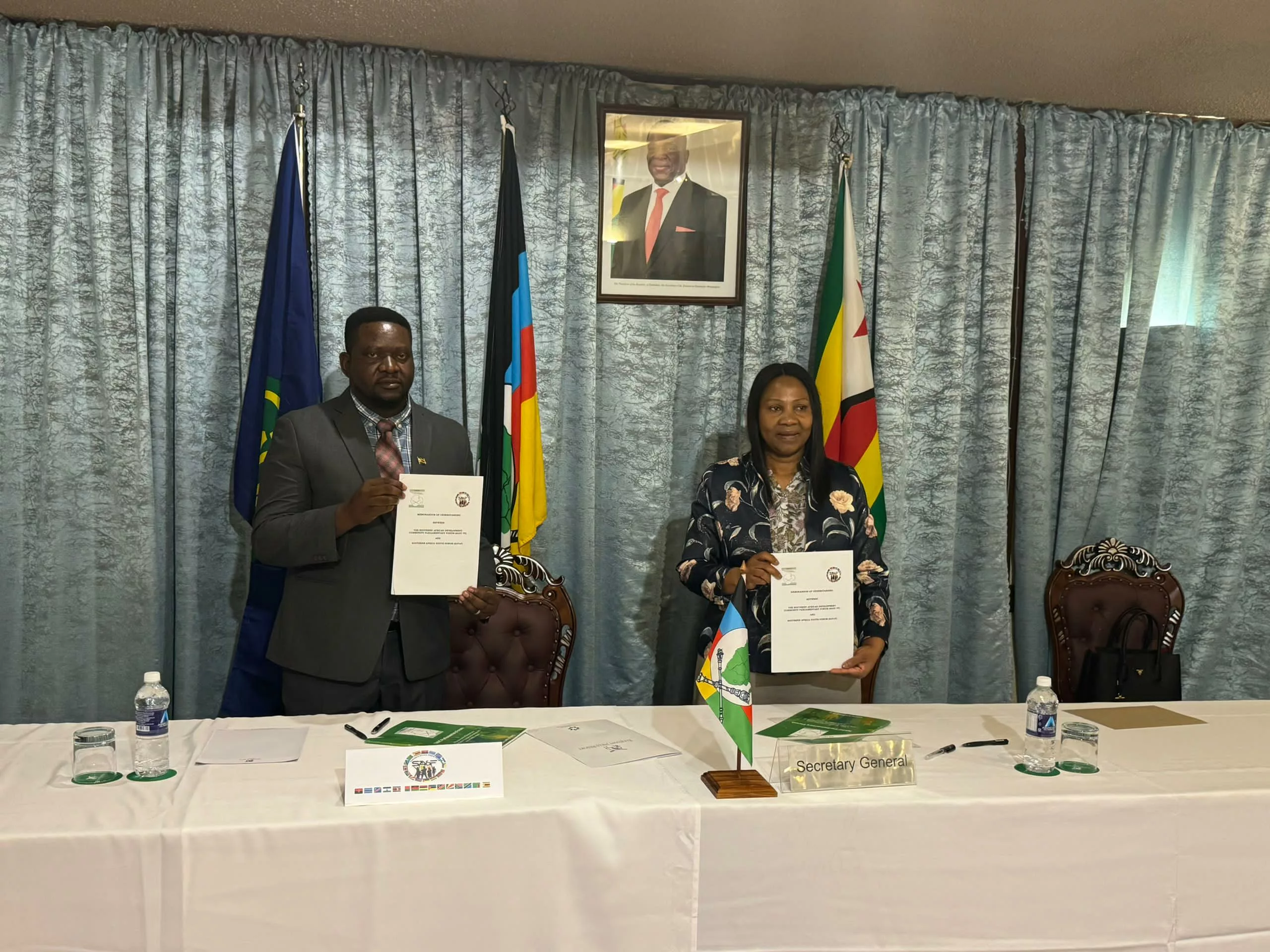Ms. Audrey Azoulay, the Director-General of the United Nations Educational, Scientific, and Cultural Organisation (UNESCO) has emphasised the value of protecting schools from violence and bullying.
She made the statement on the occasion of the International Day against Violence and Bullying at School, including Cyberbullying. The day is observed on the 5th of November every year.
UNESCO’s 193 Member States at its 40th General Conference unanimously approved the Day.
The UN Senior Official said recent attacks on schools in Afghanistan, Burkina Faso, Cameroon and Pakistan, and the assassination of teacher Samuel Paty in France, sadly underscore the critical issue of protecting schools from all forms of violence.
“Protecting our schools also means confronting the problem of bullying, which inflicts physical and emotional suffering on millions of children around the world.
“Bullying, which at times has been neglected, minimized or ignored, must be strongly condemned for what it is, a real blight on the world,” Ms. Azoulay said.
Published in 2019, and conducted in 144 countries, UNESCO’s study “Behind the numbers: Ending school violence and bullying” highlighted the extent of the problem, with almost one in three students worldwide reporting being bullied at least once in the preceding month.
“First and foremost, students’ educational outcomes are affected by bullying. For example, young people who are bullied at school are twice as likely to miss classes and see their academic performance suffer. A study conducted in 77 countries showed the negative impact of bullying on girls’ performance in maths and science tests,” she added.
Beyond the educational consequences, bullying also affects the well-being and health of students: victims are twice as likely to feel lonely, to have trouble sleeping at night, and even to have suicidal thoughts.
The UNESCO Director-General said as the choice of name for this International Day indicates, cyberbullying has now also become a growing phenomenon.
According to data from seven European countries, the proportion of children aged 11 to 16 who have fallen victim to cyberbullying increased from 7% to 12% between 2010 and 2014.
“At a time when COVID-19 lockdowns, still in place in many countries, have resulted in bullying moving online, we must redouble our efforts. Cyberbullying may take place in a “virtual” world, but it has a very real impact on children’s health. Beyond the numbers, there are tragic stories, educations ruined and lives sometimes permanently ripped apart.
“UNESCO, as an official partner of the Safe to Learn Campaign and the Global Partnership to End Violence against Children is wholeheartedly participating in this collective mobilization against bullying. By providing its expertise, our Organization is ready to support the efforts of Member States working to ensure that schools are places of well-being.”
She expressed optimism that International Day against Violence and Bullying at School, including Cyberbullying, will build global awareness about the scale of the problem, and of the need to put an end to it as soon as possible.






